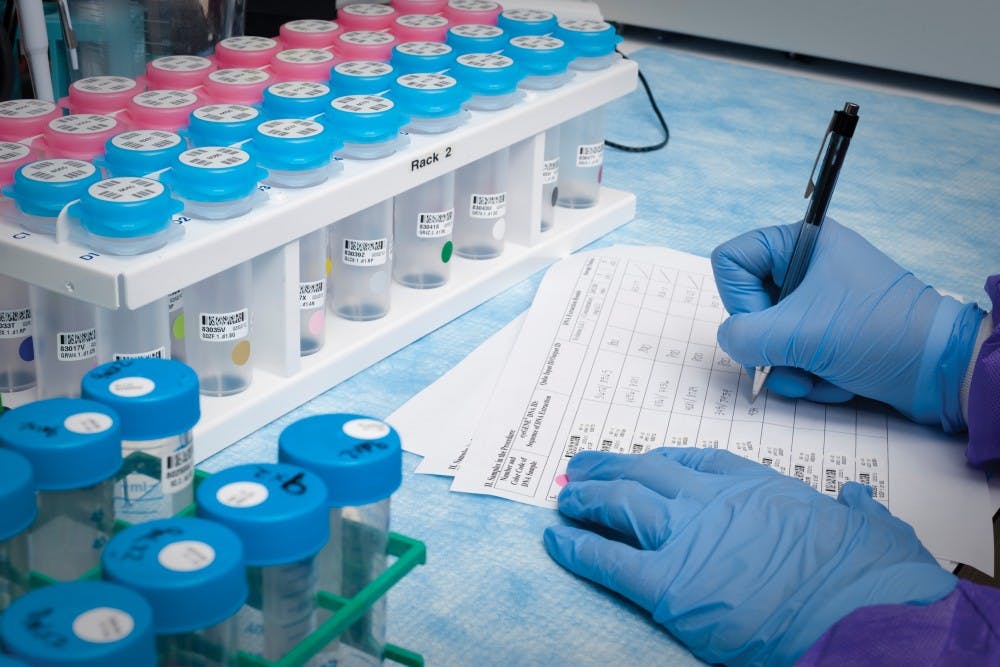According to a recent Penn study, human genes are evolving to make alcohol intolerable for the human body.
Penn Cell and Molecular Biology doctoral student Kelsey Johnson and Pharmacology Professor Benjamin Voight discovered a gene variant which causes an unfavorable response to the consumption of alcohol, according to their research published in Nature Ecology & Evolution journal. This response is due to the changes in the alcohol dehydrogenase clusters, which are responsible in digesting alcohol. ADH breaks down alcohol into acetaldehyde, a toxic substance.
In the paper, the researchers said they found independent genes that promotes ADH synthesis in people of West African and East Asian ancestry. The researchers propose that increased ADH levels may produce the toxic acetaldehyde faster than the body can break it down, causing people to feel sick after drinking alcohol.
According to the Daily Mail, Johnson and Voight conducted the study by analyzing the “data from a database of 2,500 living people from the 1000 Genomes Project, which involved the largest public catalogue of human variation and genotype data.”
“An individual's risk for alcohol dependence is a function of genetic background, environment, and behavior,” Voight told Newsweek.
Voight told the Daily Mail that he believed the gene variants might have been selected for in cultures where there was a large amount of alcohol consumption. People who drank massive amounts of alcohol would die, while those who didn't drink as much passed on survived and passed their genes to their children.



